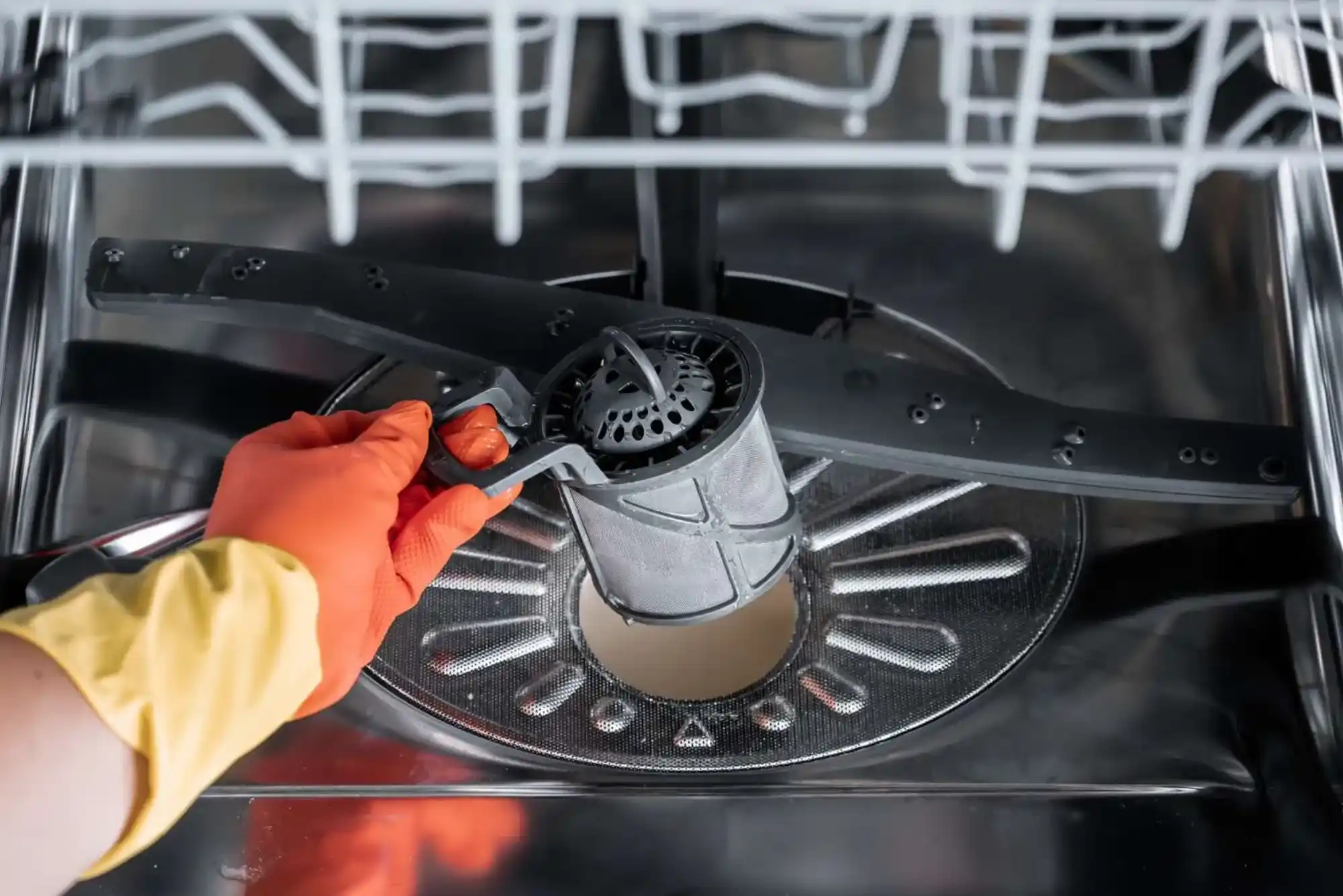Preparing for a consultation with a labour lawyer can feel overwhelming, especially when workplace issues already create stress. Understanding what documents should I bring when meeting a labour lawyer — practical and useful ones in particular — ensures your meeting is productive from the start. Bringing the right paperwork gives your lawyer a clear view of your situation and allows them to provide meaningful advice immediately. Many employees arrive unsure or empty-handed, causing delays and missed opportunities to protect their rights.
A labour lawyer will want documents that show your employment status, the events leading to your concerns, and any communication related to the issue. Although every case is unique, most claims fall into common categories such as wrongful termination, wage disputes, harassment, discrimination, retaliation, workplace injury issues, or contract disagreements. Because labour and employment law relies heavily on documentation, preparation becomes essential.
When you focus on what documents should I bring when meeting a labour lawyer — practical examples include contracts, pay records, correspondence, and complaint documents. However, do not worry if you cannot find everything. Lawyers understand real work environments are messy. The goal is not perfection but clarity. Bringing what you have gives the lawyer a starting point and demonstrates your commitment to the process.
Why Preparation Matters Before Meeting a Labour Lawyer
A labour lawyer builds your case on facts, records, and timelines. Workplace cases often become credibility contests. Documentation makes your story stronger and reduces reliance on memory. Since workplace disputes can move to mediation, arbitration, or court, having your documents ready early helps create a solid record. It also saves billable hours because the lawyer spends less time searching for basics and more time advising and strategizing.
Well-organized information speeds up legal evaluation and can even affect whether an attorney chooses to take your case. Many firms screen potential clients based on how confidently they can support claims. When you walk in with relevant records in order, you convey seriousness and increase your chances of securing representation.
Core Employment Documents to Bring
Begin with your employment agreement or offer letter. This document outlines your role, salary, conditions of employment, and obligations both for you and the employer. If you negotiated terms or received later amendments, bring those as well. Employee handbooks also help show workplace rules and policies, which become important when determining whether your employer followed required procedures.
Performance reviews and evaluations add valuable insight. They reveal patterns of recognition or criticism and may contradict any negative justification offered by the employer. If your employer claimed poor performance, having positive reviews tells a different story. Attendance records, warnings, or commendation emails form part of the same narrative.
Pay statements, timesheets, commission statements, or bonus details help in wage and hour disputes. If you suspect unpaid overtime, improper deductions, or misclassification as a contractor, payment documents become key. Bank deposit records may help if pay stubs are missing.
Job descriptions matter. They show expected duties and can support arguments that you were overburdened, underpaid, or required to perform tasks outside your contract. They also help prove reasonable accommodation needs in disability-related matters.
Communication Evidence
Workplace conflicts leave trails of communication. Save and bring emails, text messages, internal messaging threads, memos, or chat screenshots that reflect discussions about performance, complaints, schedule changes, workload, harassment, or termination. Aim for chronological clarity. When you think about what documents should I bring when meeting a labour lawyer — practical communication records often reveal tone, timing, and motives that witnesses might forget.
Not all communication needs to be formal. Casual comments or implied threats in texts could support your claim. If your employer communicated verbally, write down key conversations with dates and participants. Courts accept logs as supporting evidence when created close to the event.
Alongside digital messages, printed versions help lawyers quickly scan for themes. Avoid altering or editing content. Authenticity matters.
Disciplinary Actions and Complaint Documents
If you filed internal complaints, bring copies. Human resources investigations, complaint forms, or follow-up emails demonstrate you attempted resolution. Many labour claims require proof of internal reporting before external action. Bring any records of being placed on performance improvement plans, written warnings, or suspension notices. These help the lawyer evaluate whether disciplinary action was legitimate or retaliatory.
If the issue involves harassment or discrimination, bring records of any conversations with supervisors, employee assistance programs, or union representatives. Even notes typed shortly after incidents carry weight when consistent and detailed.
Termination-Related Papers
Termination letters, severance agreements, exit interview notes, release-of-rights documents, and benefits notices play a substantial role in labour cases. Review them with your lawyer before signing anything, if possible. The attorney may spot unlawful terms or negotiation opportunities. Sometimes employers include waivers or restrictive clauses that can significantly impact future claims.
If you already signed something, still bring it. A lawyer may challenge the agreement’s enforceability, especially if signed under pressure. Bring return-of-property records or communication about final pay and unused vacation. Delayed pay and miscalculated compensation frequently appear in labour disputes.
Medical and Workplace Injury Files When Relevant
If a workplace injury or medical issue connects to your case, bring doctor’s notes, medical reports, workers’ compensation filings, and communication regarding leave requests such as FMLA documentation. Make sure personal health information relates to the workplace issue and avoid providing unnecessary private medical history. Lawyers need only relevant medical material that supports the employment claim.
Personal Documentation and Timeline Notes
Identification, hire date details, job title progression, and timeline notes form the basic skeleton of your story. Bring a written timeline if possible. A chronological overview helps the lawyer quickly understand events. Notes are not formal evidence, but they guide discussion and support memory. Keep them factual and date-based rather than emotional or speculative.
Many people wonder whether keeping personal notes is helpful. The answer is yes when done carefully. Recording dates of incidents, witnesses present, and your immediate responses helps maintain credibility later.
Digital Access Information
Do not share passwords. Instead, prepare a list of platforms where your work-related records exist, such as portals, email archives, or message systems. Your lawyer may later request specific access instructions through secure methods. Screenshot samples but avoid sending full access credentials. Data security protects both you and your lawyer.
Questions to Prepare for Your Labour Lawyer
Although documents are the foundation, be prepared to answer clear questions. Why are you seeking legal help now? What outcome do you want? Compensation, reinstatement, policy improvement, or legal protection? Have you spoken with HR, union representatives, or government agencies? These answers help shape strategy. Preparing mentally complements your paperwork and leads to a productive consultation.
Avoid Altering or Destroying Evidence
Employees sometimes delete emails or tidy files before meeting a lawyer, believing it helps. This can hurt your case. Employers may later argue spoliation, meaning destruction of evidence. Preserve everything. If unsure about sensitive information, ask the lawyer how to handle it. Good faith preservation strengthens your position.
How to Organize Your Documents
Place documents in simple folders categorized by employment agreement, pay, communication, disciplinary actions, medical information, and termination material. If digital, create labeled folders. Chronological order helps attorneys see progression. Even though you are not required to bring perfect organization, clarity saves time and builds trust.
A practical tip is to bring both printed copies and digital files on a USB or secure drive. Some law offices copy documents directly into case files. Name files clearly. Avoid vague labels like “work doc.” Instead use meaningful titles such as “email-HR-Jan2024.” Simple preparation reflects seriousness.
Key Mistakes to Avoid
Do not rely solely on memory. Do not assume lawyers can access company records without effort. Do not wait until after formal termination to gather information because access often disappears. Do not share confidential company documents beyond what is legally permissible; ask your lawyer if unsure. Avoid bringing irrelevant personal materials that distract from the core issue.
Practical Understanding of Your Rights
Labour law varies by region and jurisdiction, but employees generally have rights to fair pay, safe working conditions, legal leave, non-discrimination, and freedom from retaliation. When you wonder what documents should I bring when meeting a labour lawyer — practical preparation helps the lawyer assert these rights more efficiently. Real cases hinge on documentation, even when the story is compelling.
Internal investigation records, performance reviews, and communication logs often reveal patterns that surface only when reviewed together. A lawyer uses these to compare employer claims against evidence. Judges and arbitrators rely on written records to decide credibility. You prepare not only for the lawyer but for the legal system ahead.
FAQ: Real Questions People Ask
Do I need to bring proof of employment when meeting a labour lawyer?
Yes. Bring offer letters, contracts, or pay stubs to confirm your employment status. These records help your lawyer verify your role and build the context of your employment history.
What if I do not have all documents before the meeting?
Bring what you have. Lawyers often help you obtain missing records through requests and legal channels. Partial documentation is better than arriving with nothing, and early consultation ensures no deadlines are missed.
Should I print emails or bring them digitally?
Printing key messages makes review easier during the consultation, while digital files ensure nothing is lost. Using both formats gives flexibility and helps your lawyer process information efficiently.
Can I bring witness statements?
If coworkers support your claim, bring any written statements or messages from them. However, do not pressure colleagues to sign documents before speaking with your lawyer. Your attorney will advise the best approach for gathering witness testimony.
Can I meet a labour lawyer without documents?
Yes, but expectations will differ. The consultation may focus on gathering information rather than providing strategy. Documents accelerate case evaluation and make the meeting more productive.
Understanding what documents should I bring when meeting a labour lawyer — practical and relevant ones — empowers you and sets the stage for a successful legal consultation. Documentation strengthens your story and provides the clarity a labour lawyer needs to protect your rights. Begin collecting employment contracts, pay records, communication evidence, Read more on www.forbes.com internal complaint files, and termination materials as soon as workplace issues arise. Even partial records help.




